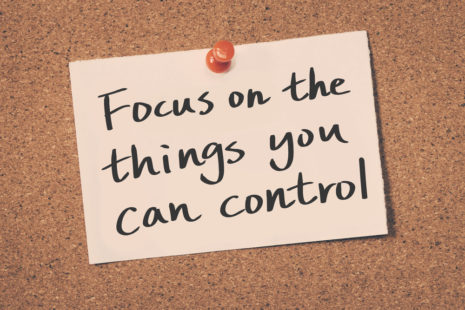Showing empathy and emotional intelligence in your interactions involves a combination of understanding, compassion, and effective communication.
Here are some ways to demonstrate these qualities…
- Active Listening – Truly listen to what others are saying without immediately formulating a response or judgment. Pay attention to their words, tone of voice, and body language to fully understand their perspective.
- Validate Others’ Feelings – Acknowledge and validate the emotions others are expressing, even if you don’t share the same feelings or perspective. Saying something like, “I can see why you’d feel that way,” can go a long way in showing empathy.
- Ask Open-Ended Questions – Encourage others to express themselves more fully by asking questions that require more than a yes or no answer. This shows you’re interested in understanding their thoughts and feelings more deeply.
- Offer Support – Let others know you’re there for them without trying to fix their problems unless they ask for help. Sometimes, offering your presence and support is more valuable than offering solutions.
- Practice Non-Judgment – Approach conversations with an open mind, free from prejudices or assumptions. Being non-judgmental helps others feel safe to share their thoughts and feelings with you.
- Communicate Understanding – Use phrases like “It sounds like…” or “If I understand correctly…” to reflect your understanding of what the other person has shared. This helps clarify that you’re on the same page and have genuinely listened.
- Mirror Emotions Sensitively – Reflecting back the emotions you perceive in a sensitive manner can show that you empathize with the person’s situation. Be careful not to mimic; instead, aim to convey understanding through your tone and expressions.
- Self-Regulate Your Responses – Manage your own emotions in a way that is conducive to positive interactions. Even if the conversation is emotionally charged, maintaining a calm and composed demeanor can help de-escalate tension.
- Show Genuine Concern – Express concern for others’ well-being through your words and actions. Small gestures of kindness or follow-up questions about a past concern can make a big difference.
- Practice Empathy Actively – Put yourself in the other person’s shoes to better understand their perspective. Consider how you would feel in their situation, which can help deepen your empathy.
- Develop Your Emotional Vocabulary – Expanding your ability to describe emotions can help in articulating understanding and empathy more accurately.
Showing empathy and emotional intelligence not only strengthens your relationships but also enhances your ability to navigate social interactions successfully. It’s about making a genuine effort to understand and connect with others on an emotional level.





